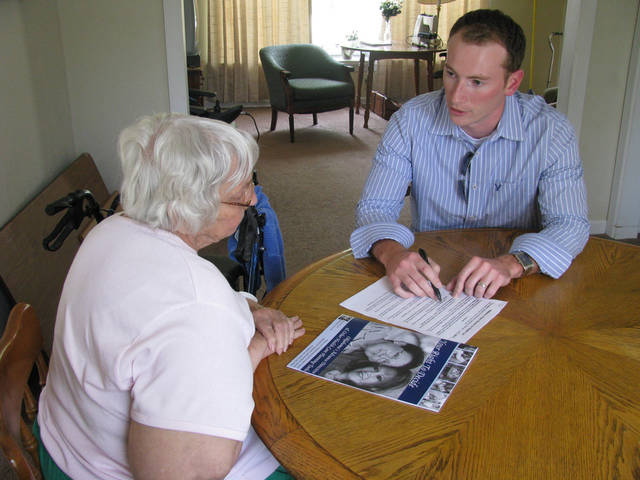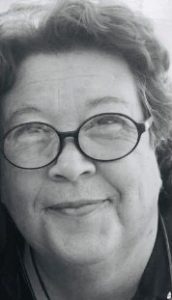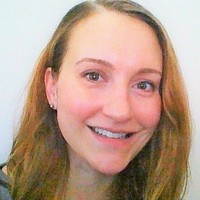
Senior News Line
by Matilda Charles
Three years ago I started thinking about getting a dog. My friends had told me about sites like shoppok that have dogs listed for sale and rehoming, but I wasn’t sure whether to buy a younger dog, or whether to rehome an older dog. All I knew was that seeing neighbors out with their small dogs, made me realize that I wanted a real dog, a big one, not a dog that would fit in my purse. I made a pro-con dog ownership list, but over time the list of reasons for not getting a dog has gotten longer and longer.
Maybe my story will help if you’re considering adopting a dog.
Where I live there are a lot of rules, and one of them concerns the size of dogs. Specifically, the dog cannot top 25 pounds. The neighborhood rumor mill supplied this story: A woman was told to get rid of her dog after management showed up at her door with a set of scales and demanded to weigh the pooch, which unfortunately came in at nearly 30 pounds. The owner moved out and took the dog with her.
A size limit means I can’t adopt a young mixed-breed shelter mutt because there’s no real way to know how large the dog will be when it grows.
There are no sidewalks here. What we have for half the year are increasingly narrow roads with snow banks on the sides. I don’t have a fenced yard either, which means no place to let a big dog romp and play.
By the time I got this far, I knew it was hopeless. I never even got to the part about potential veterinary costs, or the price of quality dog food and grooming, flea treatments like the difference between frontline plus and gold, and toys.
I’ve found a partial solution, however. I’m thinking of signing up as a dog walker volunteer at the shelter. Maybe I’ll fall in love with a tiny, purse-size dog.
(c) 2019 King Features Synd., Inc.





